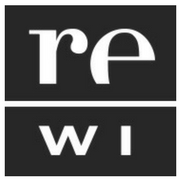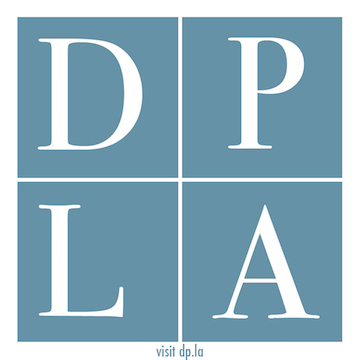Why Digitize?
Before you start a digitization project, it’s useful to consider why you want to build a digital collection. Thoughtfully selecting the materials you’ll digitize will help keep your digital project focused and manageable. How will your digital project support your organization’s mission? How will it meet the needs of your community?
Reasons for digitizing collections might include:
- Reaching new audiences.
- Improving access to rare or unique materials.
- Protecting fragile or heavily used materials.
- Supporting research requests.
- Creating educational resources for students or teachers.
- Generating revenue (directly, by selling reproductions, or indirectly, by encouraging future donations).
Selecting Content for Digitization
Recollection Wisconsin welcomes digital collections representing a wide variety of original materials related to state and local history as well as national and international topics. For more information, review our Collection Policy.
Formats may include:
- Visual images (photographs, slides, glass negatives, postcards, drawings, paintings, maps, blueprints, photo albums, scrapbooks)
- Manuscripts (hand-written documents, including journals, letters, diaries, ledgers)
- Printed text (books, yearbooks, articles, pamphlets, certificates, newsletters, reports)
- Audio and video (oral histories, speeches, recorded music, film footage)
- Physical objects (three-dimensional artifacts, including sculptures, textiles, housewares, clothing, tools)
The following types of content are outside our scope:
- Data-only records, such as cemetery indexes and birth and death indexes
- Finding aids or EADs
- Institutional repository content, such as dissertations and research data
A note on newspapers: Recollection Wisconsin harvests some historical newspaper collections. However, due to lack of centralized full-text searching, Recollection Wisconsin is not the ideal solution for access to digitized newspapers. If you have a historic newspaper collection you’d like to bring online, consider contributing it to the Archive of Wisconsin Newspapers.
Selection Checklist
For each collection you identify for digitization, consider the following questions:
- Are the materials in the public domain or we can get permission from the rights holder to make them available online?
- Are the materials unique and not already available online?
- Is there interest or value in these materials to genealogists, educators, researchers, community members or other potential audiences?
- Is there enough accurate information available to add useful context (for example, we know or can find out names of people, locations, dates)?
- Do we have the appropriate equipment and skill to create a good-quality digital version, or resources available to outsource digitization if necessary?
If you answered “no” to any of these questions, the collection may not be a good candidate for digitization.
Oral Histories and Audiovisual Collections
Considering launching an oral history interview project? Check out these tip sheets, created as part of our NEH-funded Listening to War planning project.
- Part 1: Questions to Consider
- Part 2: Best practices for collecting veterans’ oral histories
- Part 3: Curated Resource List
Audiocassettes, VHS tapes and other outdated audiovisual media are known to be at high risk for loss, and digitization is considered the best way to preserve these deteriorating resources. If you have analog formats such as audiocassettes, reel-to-reel tapes, microcassettes, VHS, Betamax and U-Matic videotapes, Mini-DV, Hi8 or Digital8 camcorder tapes in your collection, consider making those your top priority.
Not sure how to identify or convert A/V formats? Staff at our partner organizations — Wisconsin Historical Society, UW-Madison Archives, Wisconsin Veterans Museum and RADD at the UW-Madison iSchool — can help. Contact us to get connected with an expert.
Working with Volunteers
Many of our Recollection Wisconsin Content Partners rely heavily on volunteers to perform a range of digital collections work. We’ve put together advice from many of our partners in the document Engaging Volunteers: Tips from Wisconsin Recollection Content Partners.
See our Working with Volunteers page in the Toolkit for more ideas to help you plan for, attract, welcome, support and recognize volunteers.
Document Your Plan
Digitization projects often take longer than you expect. The biggest investment for any digital project is not a financial one — it’s the many hours staff or volunteers spend learning new skills and procedures, creating digital images and metadata and maintaining the digital content. To stay on track, it’s helpful to start small, set realistic goals and deadlines and define project roles in advance.
Use our Digital Project Planning Worksheet to outline your project before you get started. You can also use this worksheet to keep a record of decisions and changes made during your project, so others can take up the work if a staff member or volunteer moves on.
Further Reading
- Preservation and Selection for Digitization, Northeast Document Conservation Center
- Digitization Guidance for State Agencies and Local Units of Government, Wisconsin Historical Society
- Health Check Tool for digital content creators in cultural heritage institutions, Sarah Pickle and Nancy L. Maron, Ithaka S+R


